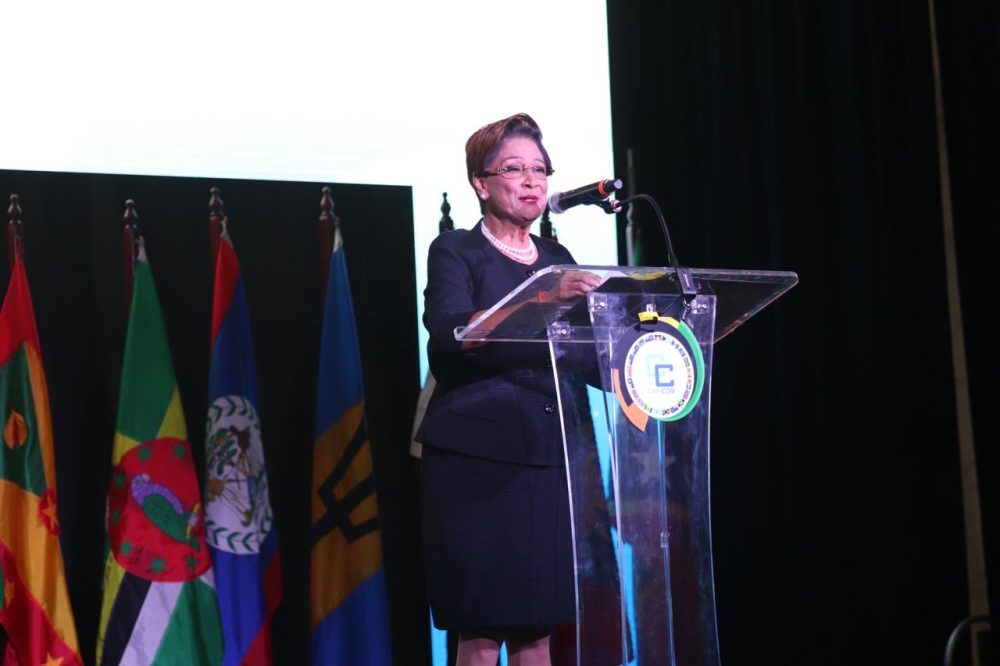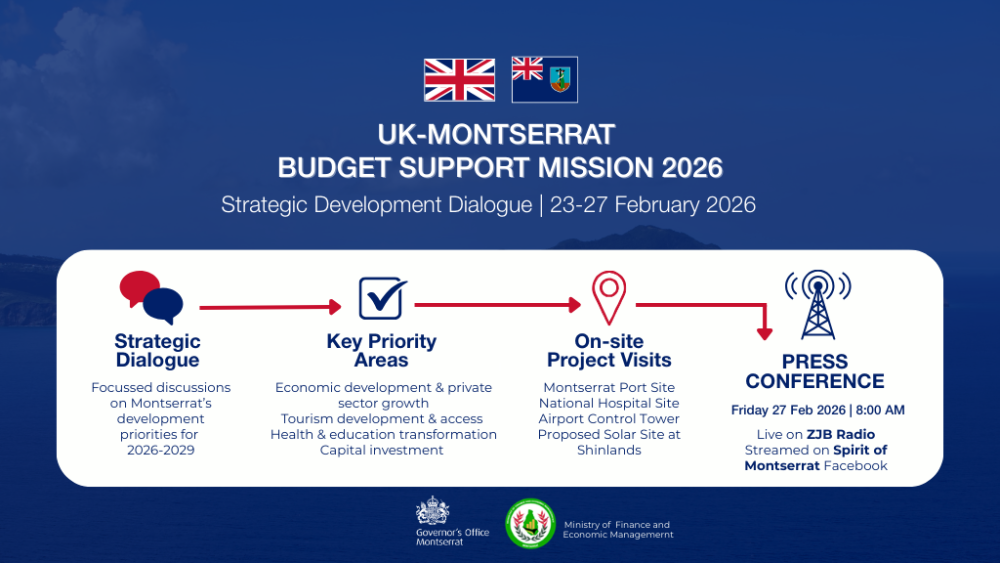Shifting baselines environmental research on Montserrat
In collaboration with the Blue Halo Initiative, Sam Lovell, a senior Environmental Policy major at Colby College in Maine, US, is visiting Montserrat, Antigua, and Barbuda during the month of January. Her research looks at changes in the historical abundance of marine species in Montserrat, Antigua, and Barbuda through interviews and archival research.
Throughout the Caribbean, overfishing, habitat degradation, and climate change have had devastating effects on marine ecosystems and communities that rely on them. As this degradation occurs, memory of past states is lost so the current degraded status is used as a standard in management, a phenomenon known as “shifting baselines.”
While on Montserrat, Lovell will interview fisherfolk, divers, naturalists, and others of varying ages to gauge perceptions of changes in the marine environment surrounding the islands, and how these perceptions are influenced by an individual’s age. Lovell has already visited the Montserrat National Trust and will travel to other archives on Antigua to identify historical references to marine species and the environment there.
“References to species in narratives, trade documents, and early descriptions of the islands could help set baselines for species to better understand the extent of historical changes in the environment” explains Lovell.
After completing interviews on Antigua and Barbuda, Lovell will return to Maine to analyze the results of the interviews with resource users and continue exploring historical narratives from the islands. Her aim is to understand changes and help the communities protect their marine resources and livelihoods that depend on a healthy ecosystem.
As with all of research and results of the Blue Halo Initiative, Lovell’s complete report will be made available to the public.
Discover more from Discover Montserrat
Subscribe to get the latest posts sent to your email.



